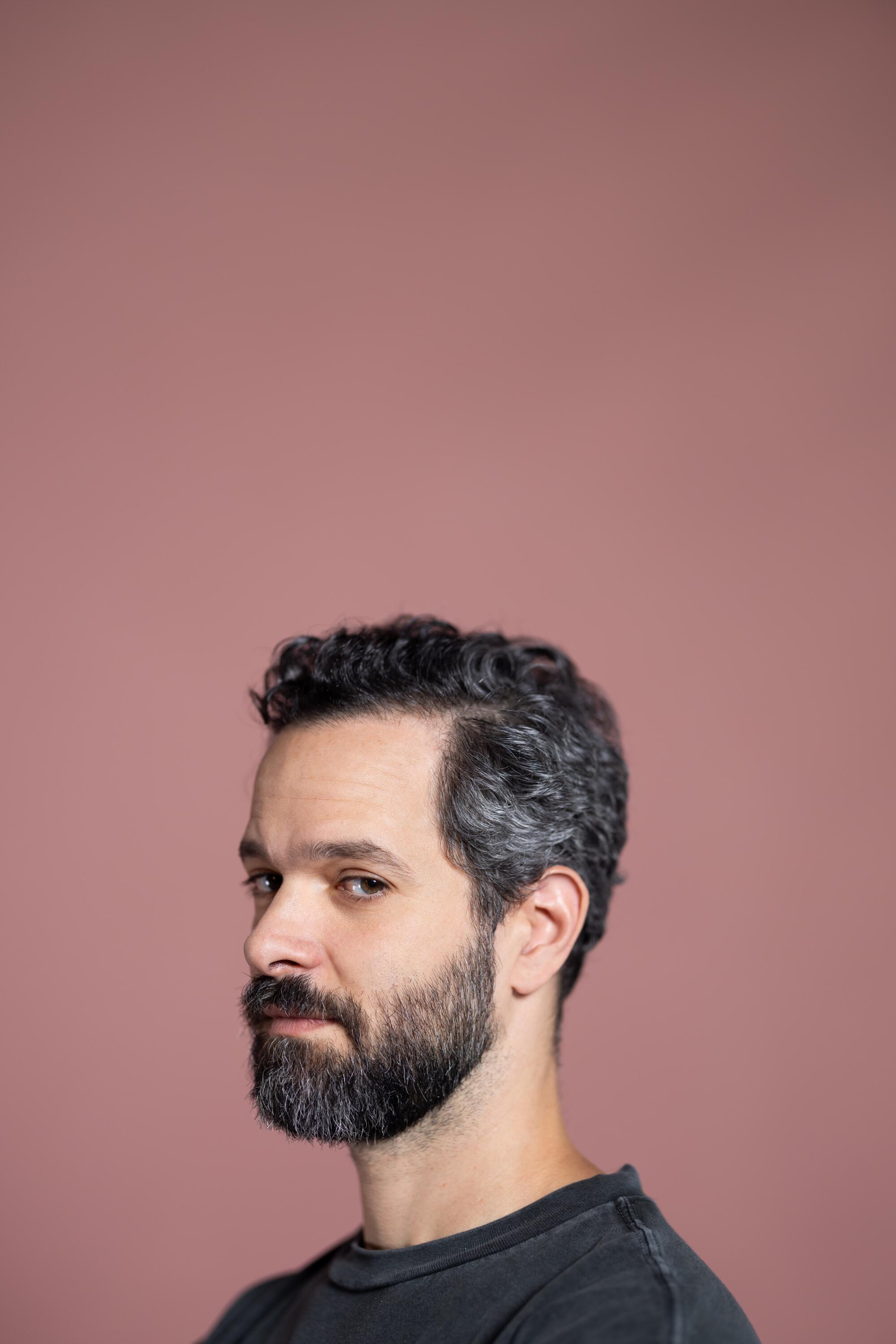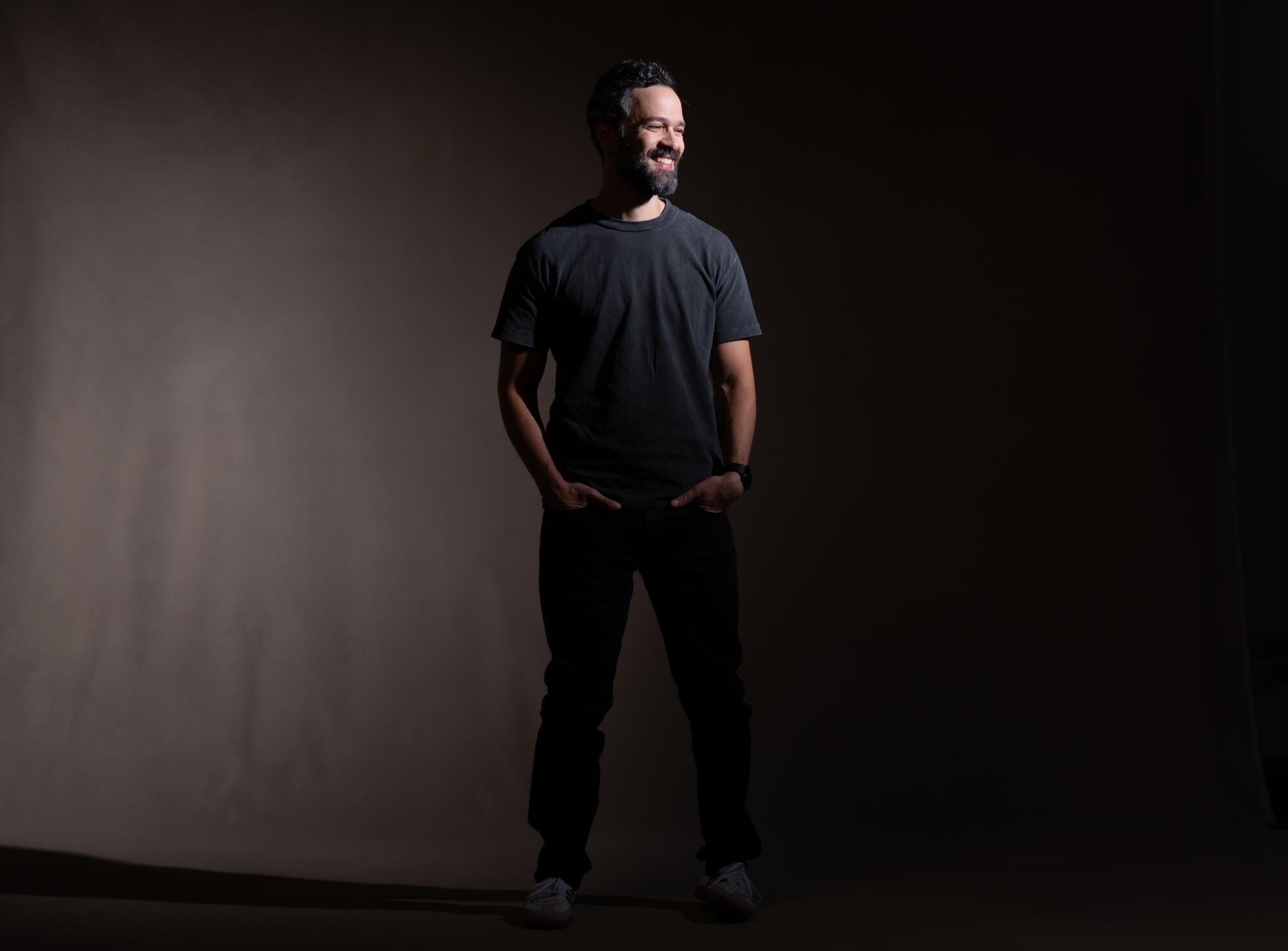- Share via

“The Last of Us” wasn’t meant to be a video game, let alone a TV show.
The story about a man and a girl crossing a post-apocalyptic landscape had lived in Neil Druckmann’s head since college. Someday, he told himself, he’d put it down on paper as a graphic novel.
Even when Druckmann went to work at Naughty Dog, Sony’s acclaimed Santa Monica-based video game studio, he didn’t suggest it. He focused instead on a difficult assignment given to him: Re-create “Jak and Daxter,” Naughty Dog’s popular run, jump and race franchise, into something more reality-based.
Discover the changemakers who are shaping every cultural corner of Los Angeles. L.A. Influential brings you the moguls, politicians, artists and others telling the story of a city constantly in flux.
It wasn’t working. The series demanded over-the-top animation, not authenticity.
Dejected, Druckmann and his partner at the time went to Naughty Dog’s then-head, Evan Wells. “Do we need to do ‘Jak and Daxter’?” they asked. The answer, surprisingly, was no.
“Immediately the light bulb went off,” Druckmann recalled. The time for “The Last of Us” had come.
Druckmann, 45, offered up his tale of a hardened man and a young girl developing a father-daughter-like relationship in a world ravaged by zombie-like humans. The trajectory of his career — and of Naughty Dog and the entirety of the video game medium — was forever changed.
The work viewed America as a place of both wonder and danger, and long stretches were centered solely on conversation and emotional vulnerability.
Released in summer 2013, “The Last of Us” arrived like a mission statement, proving that big-budget action shooters not only could have a sense of gravitas but also could advance the medium in narrative, gameplay and representation. It raised moral quandaries about choice, or the lack thereof, in interactive entertainment, questioned masculinity in games and ultimately proved to the industry that a gay teenage girl could be a protagonist in a genre overrun with tired machismo.
It was also personal, drawing on Druckmann’s experience as an American immigrant from Israel. The work viewed America as a place of both wonder and danger, and long stretches were centered solely on conversation and emotional vulnerability.

Today, there’s a hit show on HBO based on the game, with a second season on the horizon. And yet, said Druckmann, who is now the sole leader of Naughty Dog, “I promise you, we will not be the ‘Last of Us’ studio forever.” Numerous games, he said, are in the works, including “multiple single-player projects.”
One thing is certain: They will be built in Druckmann’s vision.
“We create experiences that are steeped in story and character, especially relationships,” Druckmann said. “The stories have some sort of philosophical core that everything is going to revolve around and feed into.”






